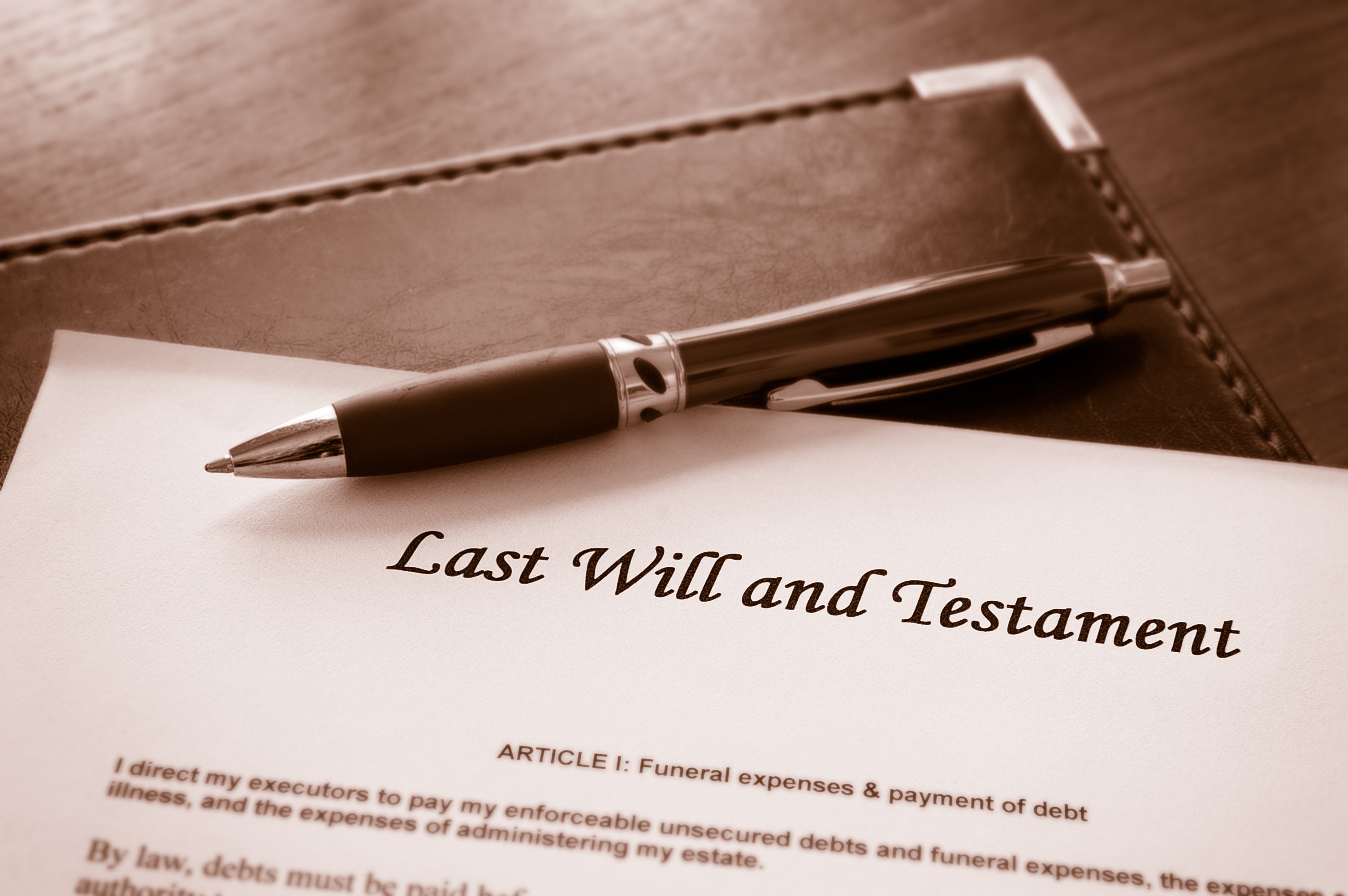 The word probate seems to send shivers down the spine of anyone dealing with an estate covered by a will. The horror stories have it that it prolongs the time it takes to carry out the will and that it will cost a lot of money to boot.
The word probate seems to send shivers down the spine of anyone dealing with an estate covered by a will. The horror stories have it that it prolongs the time it takes to carry out the will and that it will cost a lot of money to boot.
The reality is that probate, in most instances, does not prolong the process of administering the will and can even streamline it depending on the size and complexity of the estate.
Probate is the legal process by which property is transferred upon the death of the owner. This applies to both real property as well as personal property. Probate is initiated in the county of the deceased’s legal residence at the time of death.
Someone should come forward with the original will. This is often the person who becomes the executor but cannot be considered such until he or she files a petition for Probate of Will at the probate court clerk’s office and executorship is conferred upon him or her. In the event that a will is not found or does not exist, the court will still appoint an administrator, typically a surviving spouse or adult child. A public administrator may be assigned otherwise or in the case of a dispute. A certified copy of the death certificate is also required by the court.
A date is set for the executor-to-be to appear before the judge, present the will, and formally request appointment as executor. The will is examined to make certain it appears genuine (often a simple visual examination) and the court then issues the order admitting the will into probate, which is duly recorded by the county clerk.
Once a will is probated it becomes part of the public record, available for anyone to read. It is even possible a notice of probate is required to be published in the newspaper. The executor is officially appointed and may now begin to administer the will. However, the executor is limited to administering only the probate estate. There may also exist a non-probate estate that is handled outside the court’s jurisdiction.
The executor has three major steps to perform:
- Collecting, inventorying, and appraising all assets that are part of the probate estate. This includes money that may be owed to the estate such as final paychecks, loans, life insurance, retirement accounts, and more. The inventory is filed with the court.
- Payment of bills, taxes, estate expenses, and creditors of the decedent. Also there is a portion set aside as an allowance for the spouse and/or children to use while the will is probated.
- Formal transfer of estate property according to the will or state law.
The executor is not liable for any expenses of the estate but if there are many creditors the executor may be fielding requests for quite some time. Only after all bills are settled can the remainder of the estate be apportioned. If there is real property to be sold there may be a waiting period before it can be placed on the market. And a decision whether to liquidate stocks, bonds, or other securities before distribution must be made. This will depend heavily on the prevailing economic conditions and what is in the best interest of the heirs.
Because of the negative perception of probate, there are many who recommend ways to avoid it. One of the most common is the creation of a revocable living trust. However, since the property must still be passed to the trust, the will or estate must still be probated. And the truth is, absent any conflict, probate is a smooth process that ensures the smooth passing of property, both real and personal, according to the decedent’s final wishes.
* Image courtesy of FreeDigitalPhotos.net




















